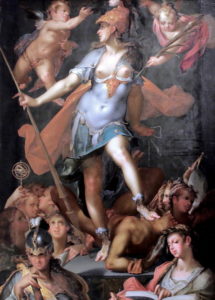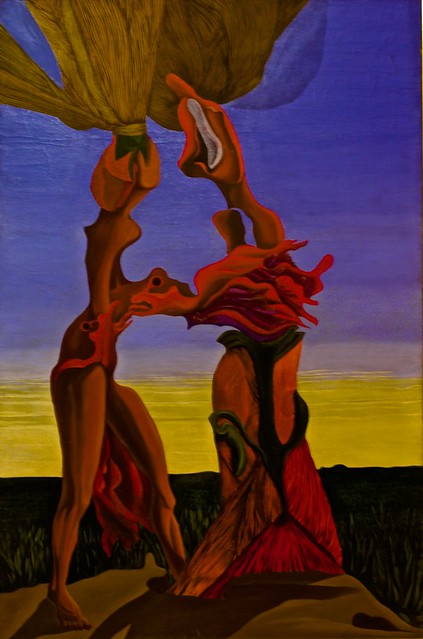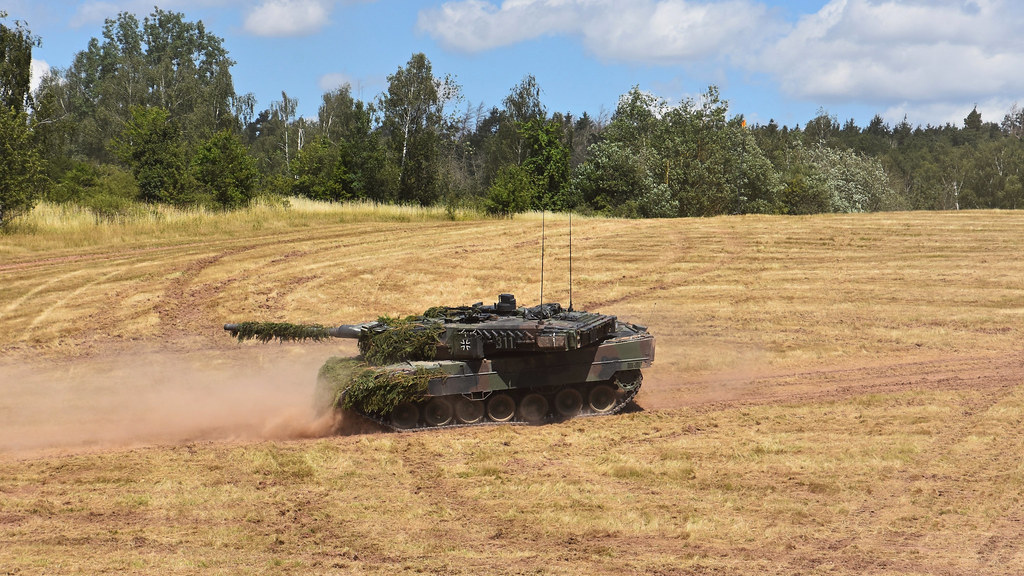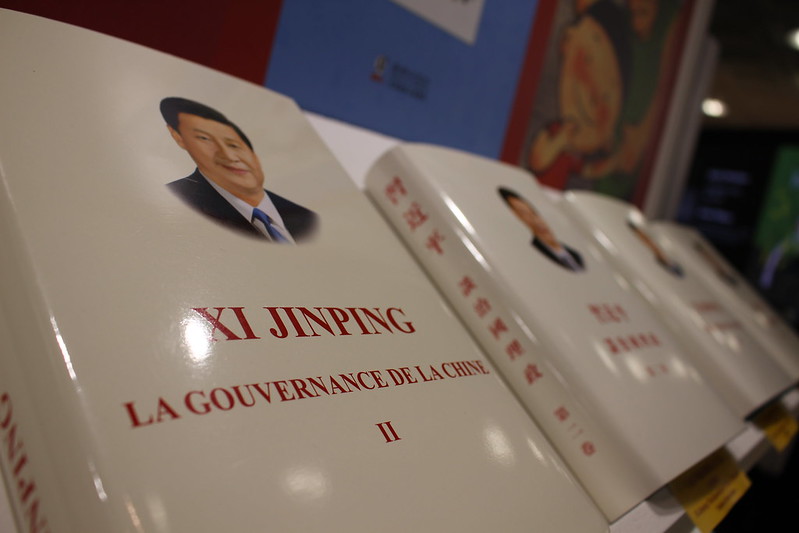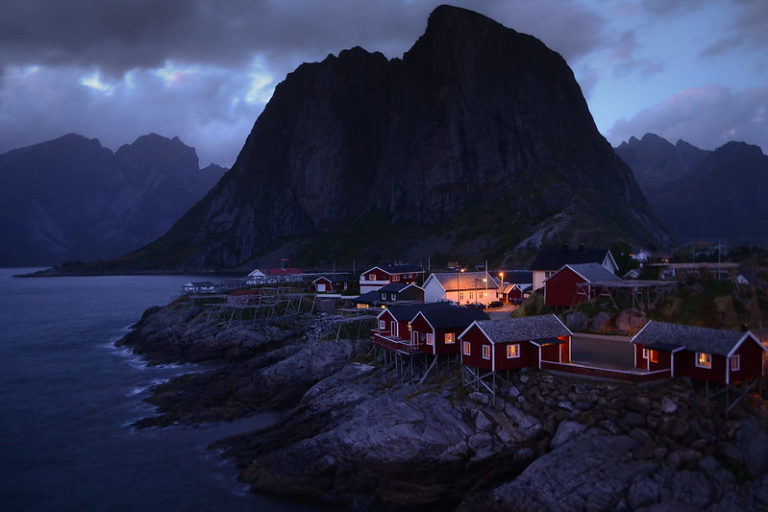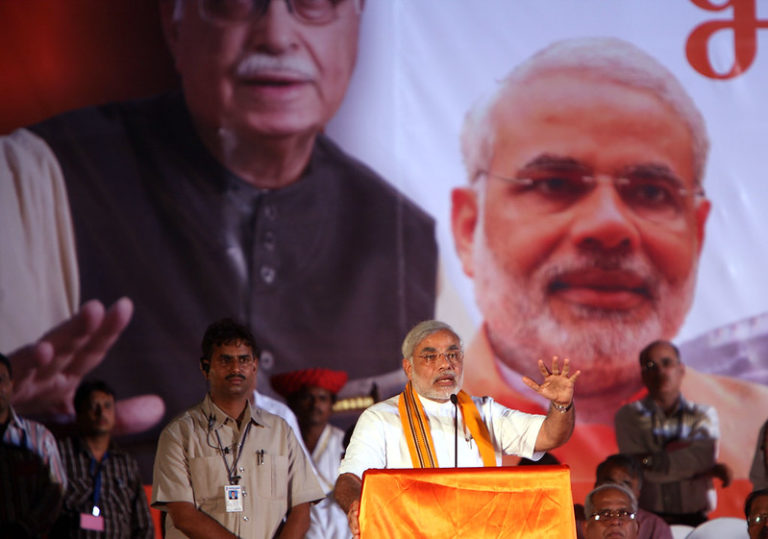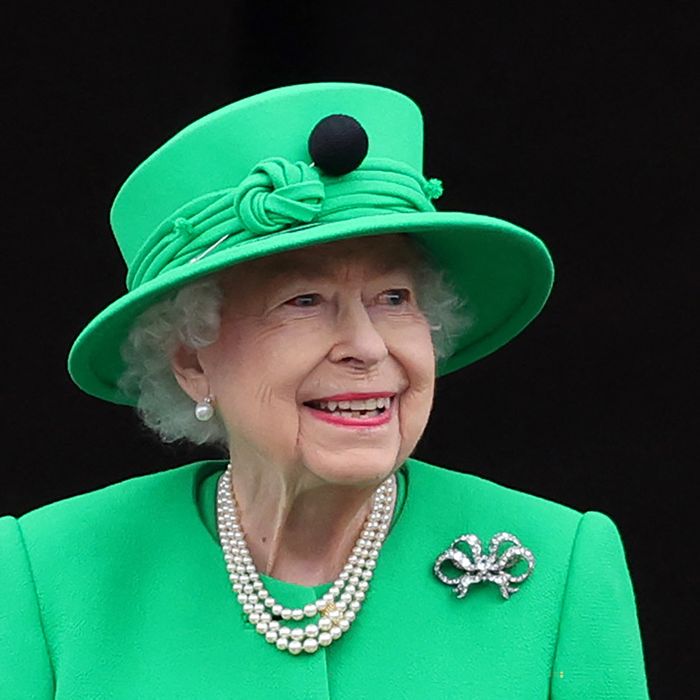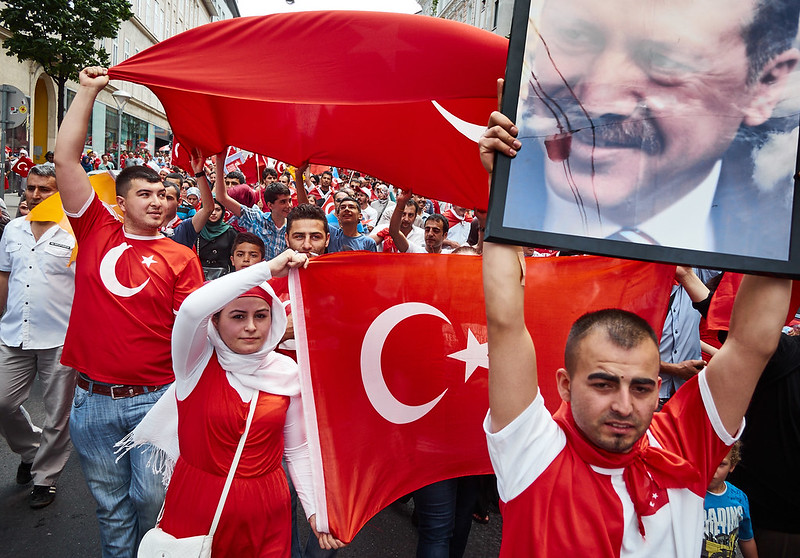Letter from La Vigie dated 28 September 2022
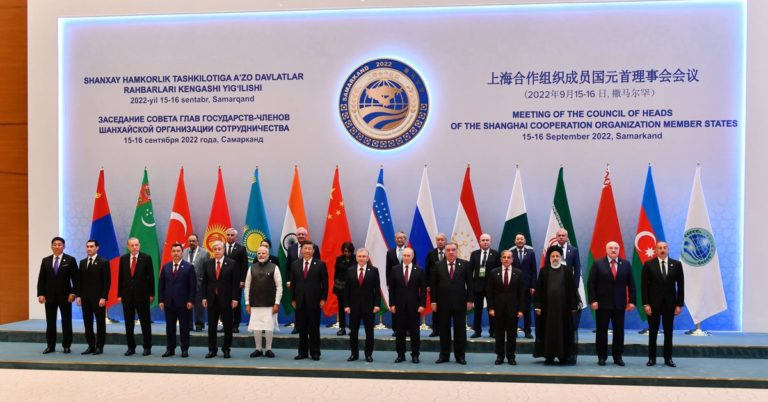
The wild geese
After having had the wind in their sails at the articulation of the XX° and XXI° centuries, private military companies are being singled out because of Wagner’s actions. The latter is however not a singularity but an illustration of what such a company can be. Its use, which reveals the weaknesses of the Russian army, should also raise questions for those who claim to be strategists. Is the development of such companies compatible with a national strategy?
To read more, click here
What about the Shanghai Cooperation Organisation?
The Shanghai Cooperation Organisation (SCO) has just held its annual summit in Samarkand, and it has received exceptional attention from the Western media, which is on the lookout for the slightest dissension between Russia, China and India in support of Moscow. But the important thing is not there but in the enlargement of the organisation to include Iran and the acceptance of a dozen countries, notably from the Middle East, as observers.
To read more, click here
Lorgnette: Tigray, the forgotten war
Here is a war that has been going on for two years, between a federal state that wants to bring a federated state of 6 million people to heel. There have already been 500,000 victims, aerial bombardments of civilian refuges, countless war crimes (including the use of starvation), drones, clashes between army groups of more than 20 divisions each, a 5-month truce suddenly broken, a backhanded attack by a neighbouring country, the regular use of armed drones.
It’s all happening in September 2022 and no, this is not Ukraine, but the conflict between Tigray and the Ethiopian federal government. So war is not back, it has never left our world, but who cares what happens in the Middle East, Yemen, Afghanistan or the Horn of Africa?
Yet the modalities of these wars are not so far removed from what we observe in Ukraine, despite the supposed evidence of “high intensity”, in fact common to all wars. The difference lies not in the armoured-mechanised dimension of one war compared to the other, but in its ultra media coverage.
The emotion in the face of the misfortunes of our fellow human beings should be the same. This is not the case. Wealth is not just about money.
Subscribers: click directly on the links to read online or download the pdf issue (here), always with your login/password. New readers: read the article by issue, by clicking on each article (€2.5), or subscribe (discovery subscription €17, annual subscription €70, orga. subscription €300 excl. tax): here, the different options.
JOCVP
Crédit photo : odi.org
